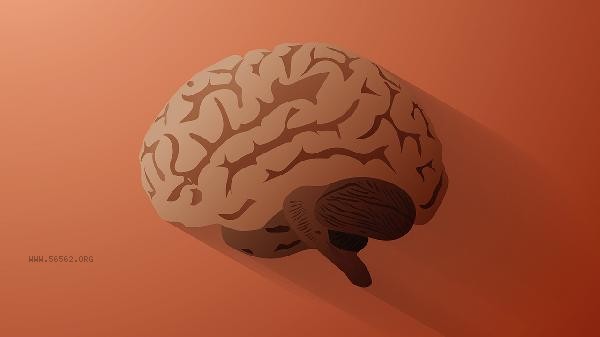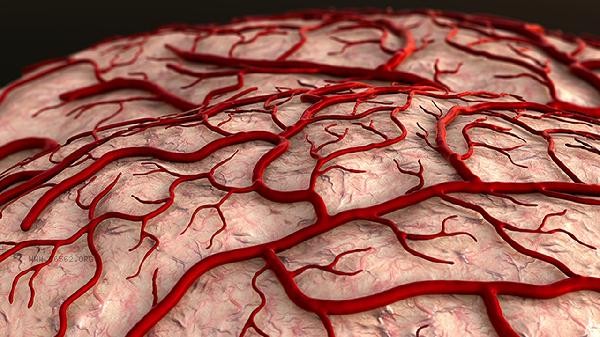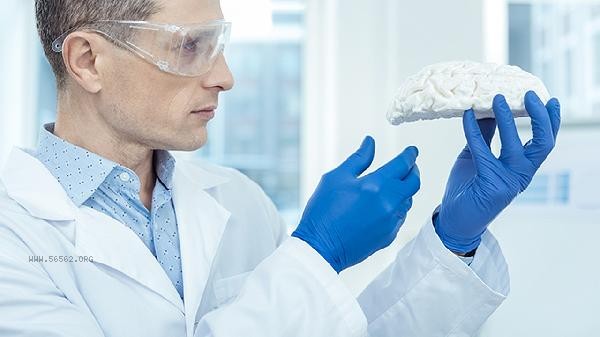The loss of drowsiness in the brain can usually be restored to normal, and the specific recovery situation depends on the triggering factors. Short term insomnia or stress-induced drowsiness can mostly be relieved on its own, while long-term chronic insomnia or organic diseases require professional intervention.

Sleep rhythm disorder is a common cause, and factors such as day night inversion and traveling across time zones can lead to abnormal secretion of melatonin. Adjusting a fixed sleep schedule and avoiding the use of electronic devices before bedtime can help restore the circadian rhythm. Short term use can be combined with low-dose melatonin supplementation, but long-term use may inhibit self secretion function. Emotional problems such as anxiety and depression can continuously activate the sympathetic nervous system, leading to difficulty falling asleep. Cognitive behavioral therapy can improve excessive attention to insomnia, while mindfulness meditation can reduce physiological arousal levels. In severe cases, selective serotonin reuptake inhibitors should be used under the guidance of a doctor, but caution should be exercised regarding the risk of drug dependence. Organic diseases such as hyperthyroidism and Parkinson's disease can directly affect the function of the sleep center. Hyperthyroidism patients need to control their thyroid hormone levels, and dopamine replacement therapy can improve the sleep quality of Parkinson's patients. This type of situation requires regular review of relevant indicators to avoid self medication covering up the condition. Physiological changes such as hormonal fluctuations and chronic pain during menopause can also interfere with the development of drowsiness. Estrogen replacement therapy is effective for menopausal insomnia, while nonsteroidal anti-inflammatory drugs can alleviate painful insomnia. It is recommended to keep a sleep diary to help doctors identify triggers and avoid the abuse of sleeping pills.
Sleep disorders such as sleep apnea require professional equipment monitoring for diagnosis. Continuous positive airway pressure therapy can effectively improve nocturnal wakefulness caused by hypoxia, and oral appliances are suitable for mild cases. This type of patient often experiences alternating daytime sleepiness and nighttime insomnia, and requires standardized treatment for the underlying disease. Establishing regular sleep habits is the foundation for restoring drowsiness, keeping the bedroom dark and quiet, and avoiding vigorous exercise and eating two hours before bedtime. Appropriately increasing daytime light exposure can help stabilize the biological clock, and the nap time should be controlled within 30 minutes. If adjusting lifestyle is ineffective or accompanied by other symptoms, it is necessary to seek medical evaluation at a sleep specialist in a timely manner to avoid long-term sleep deprivation affecting cognitive function and immunity.










Comments (0)
Leave a Comment
No comments yet
Be the first to share your thoughts!